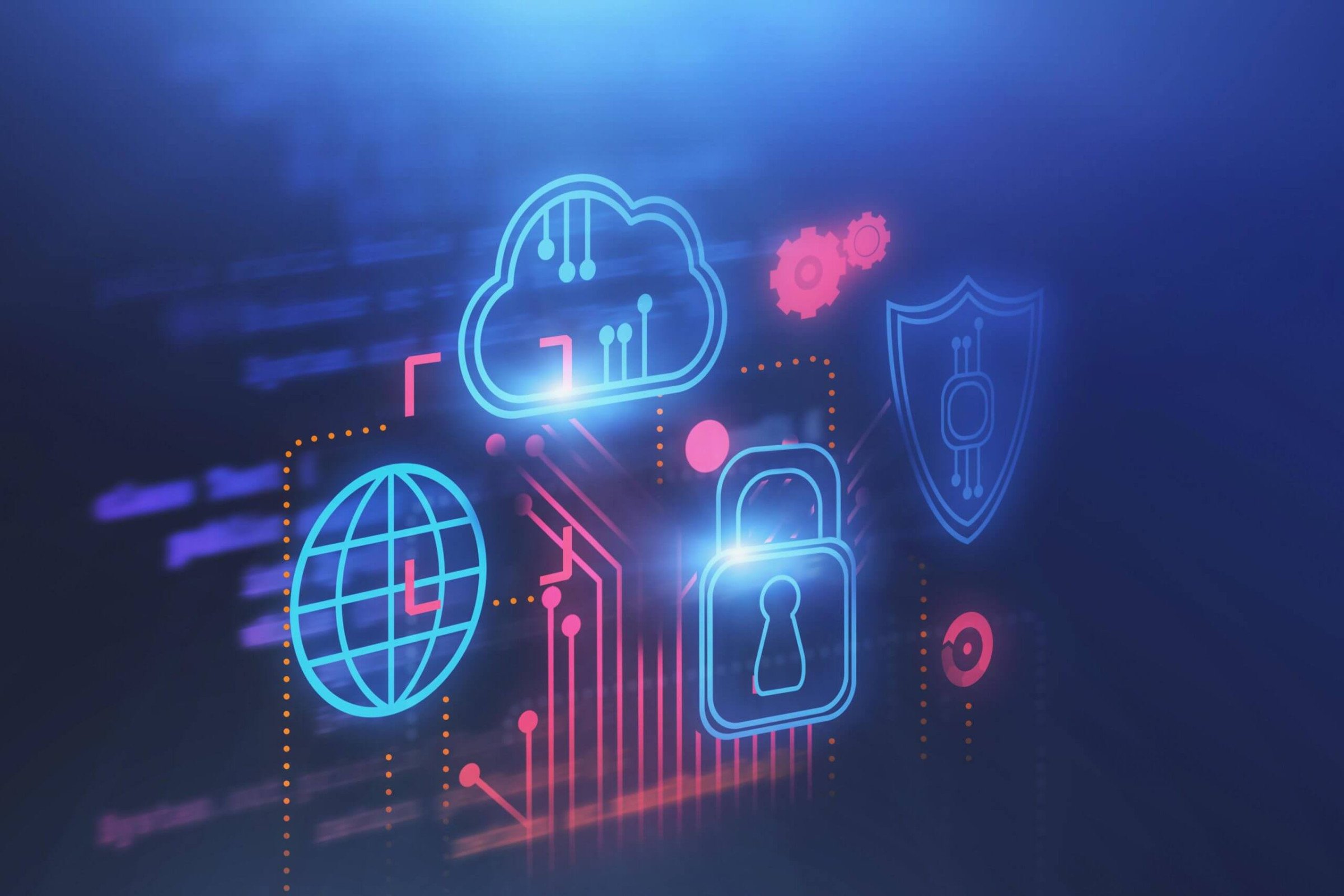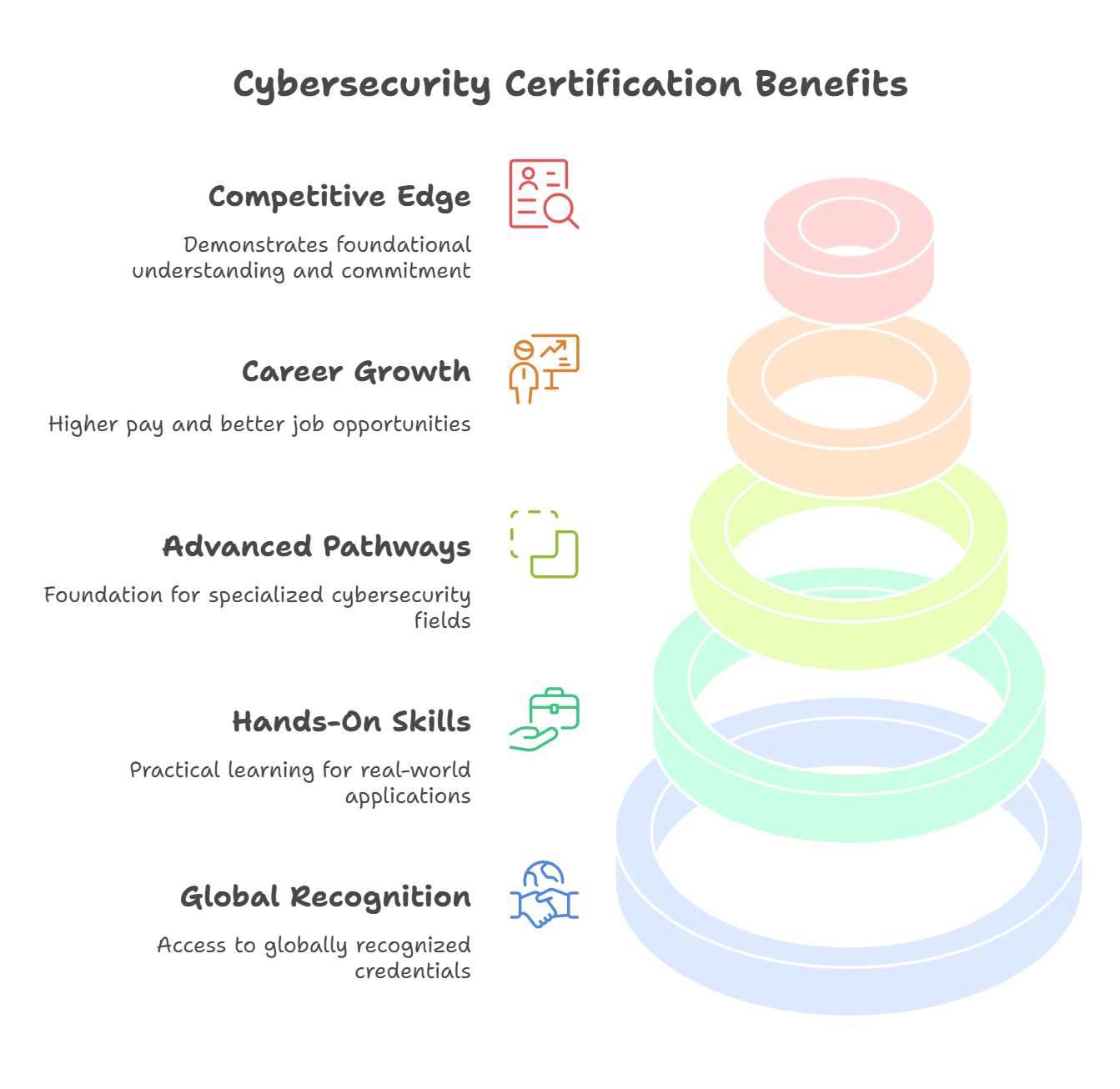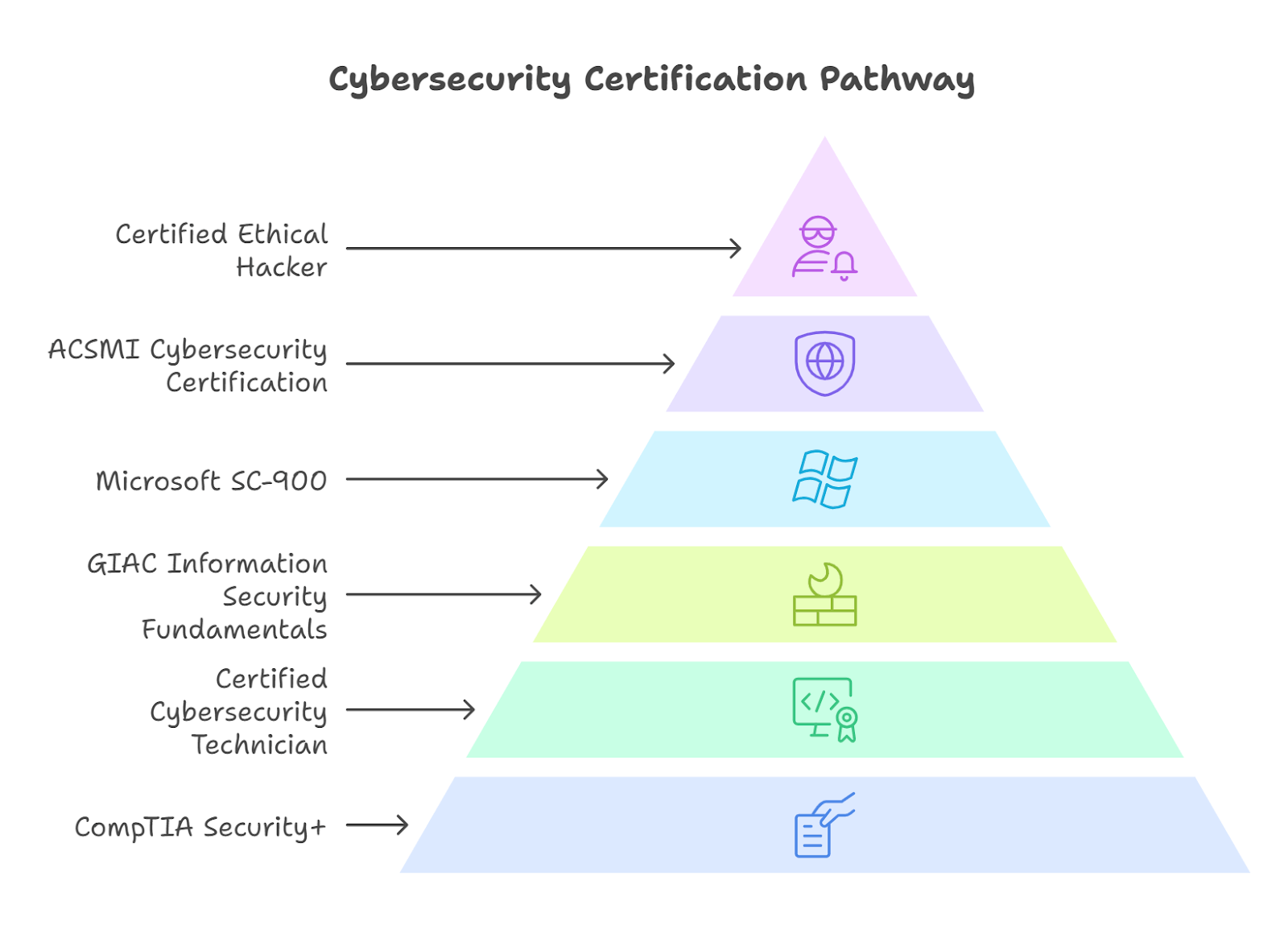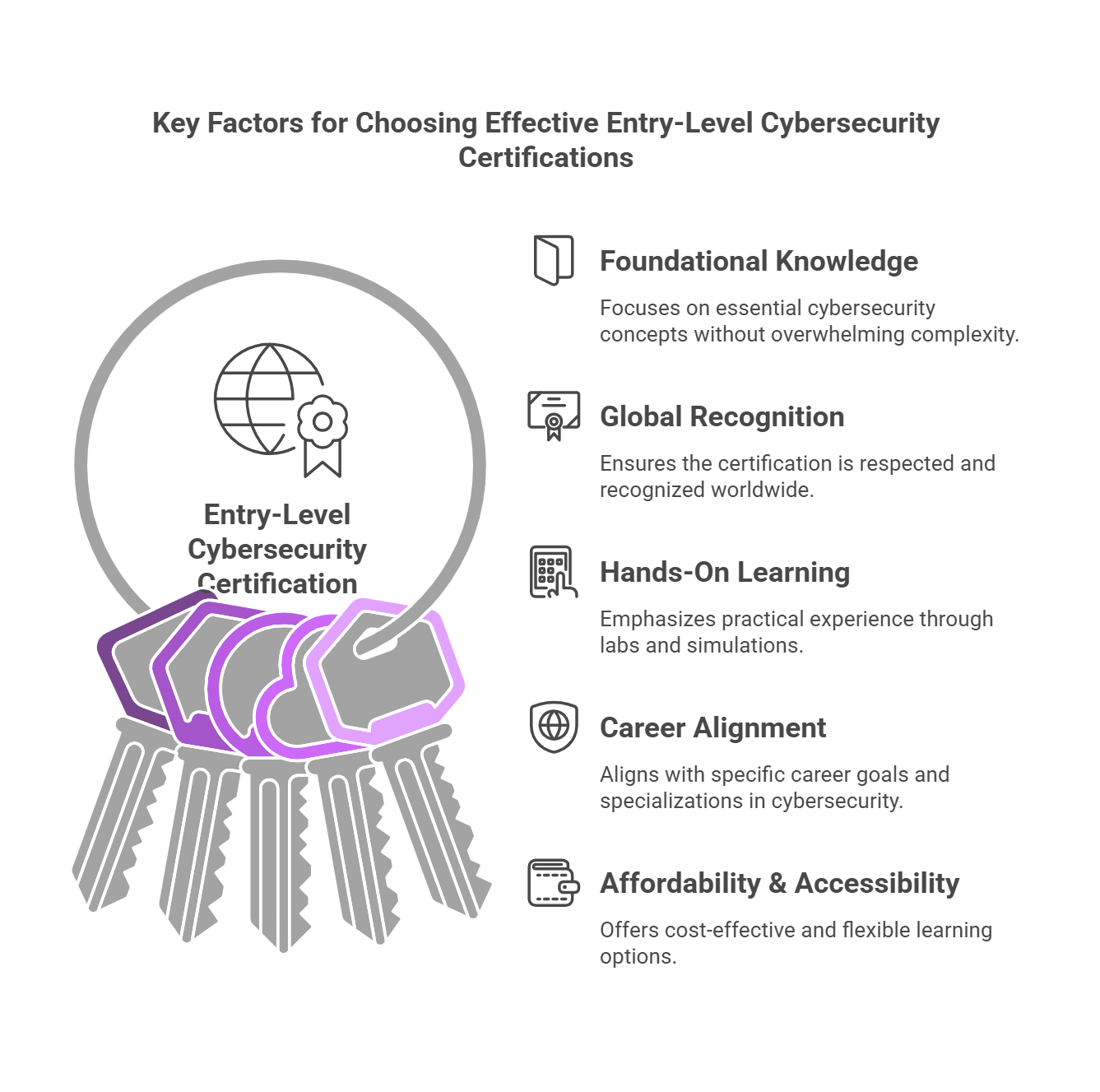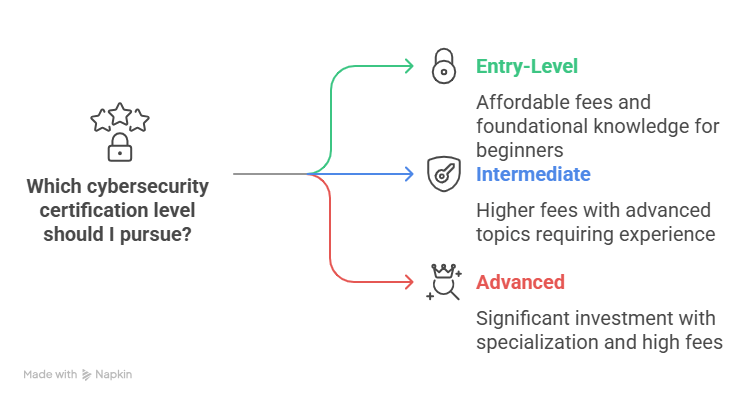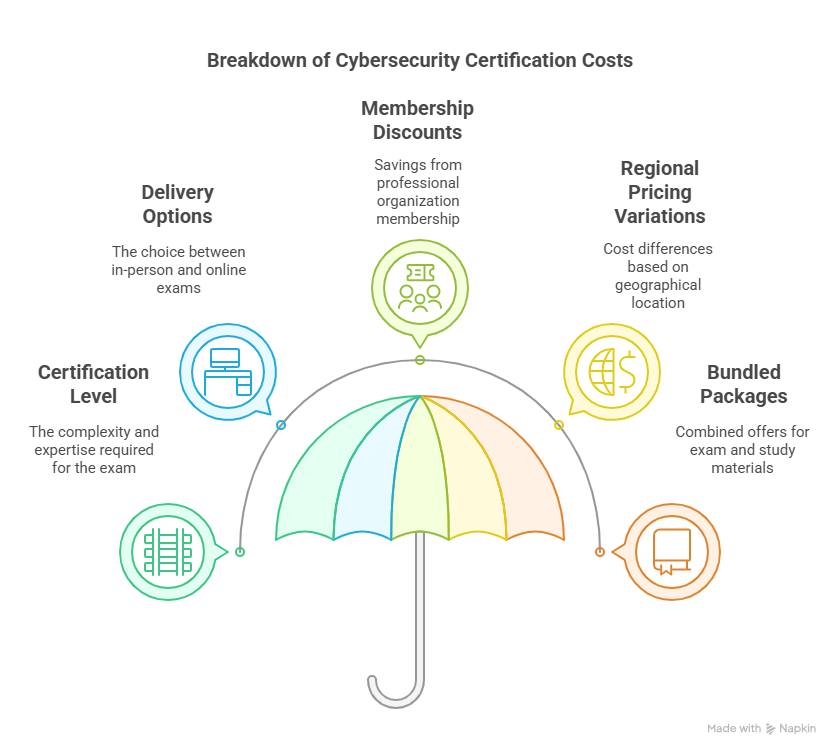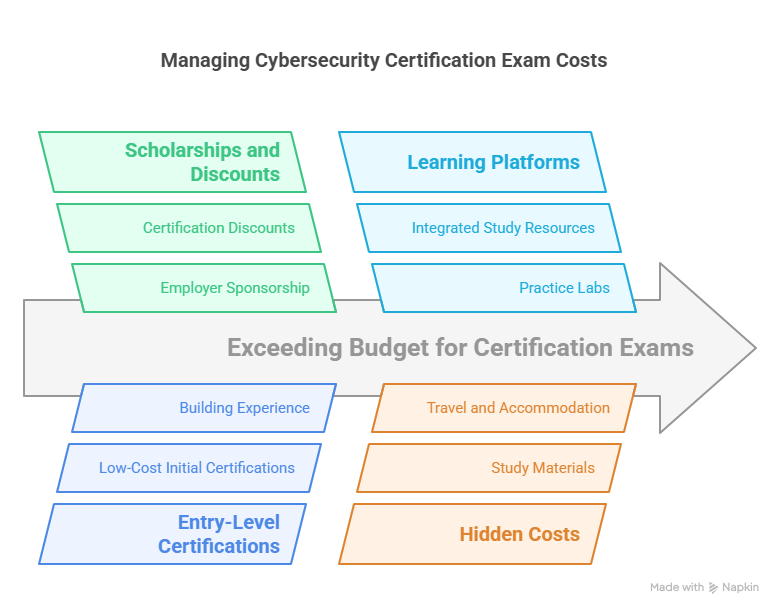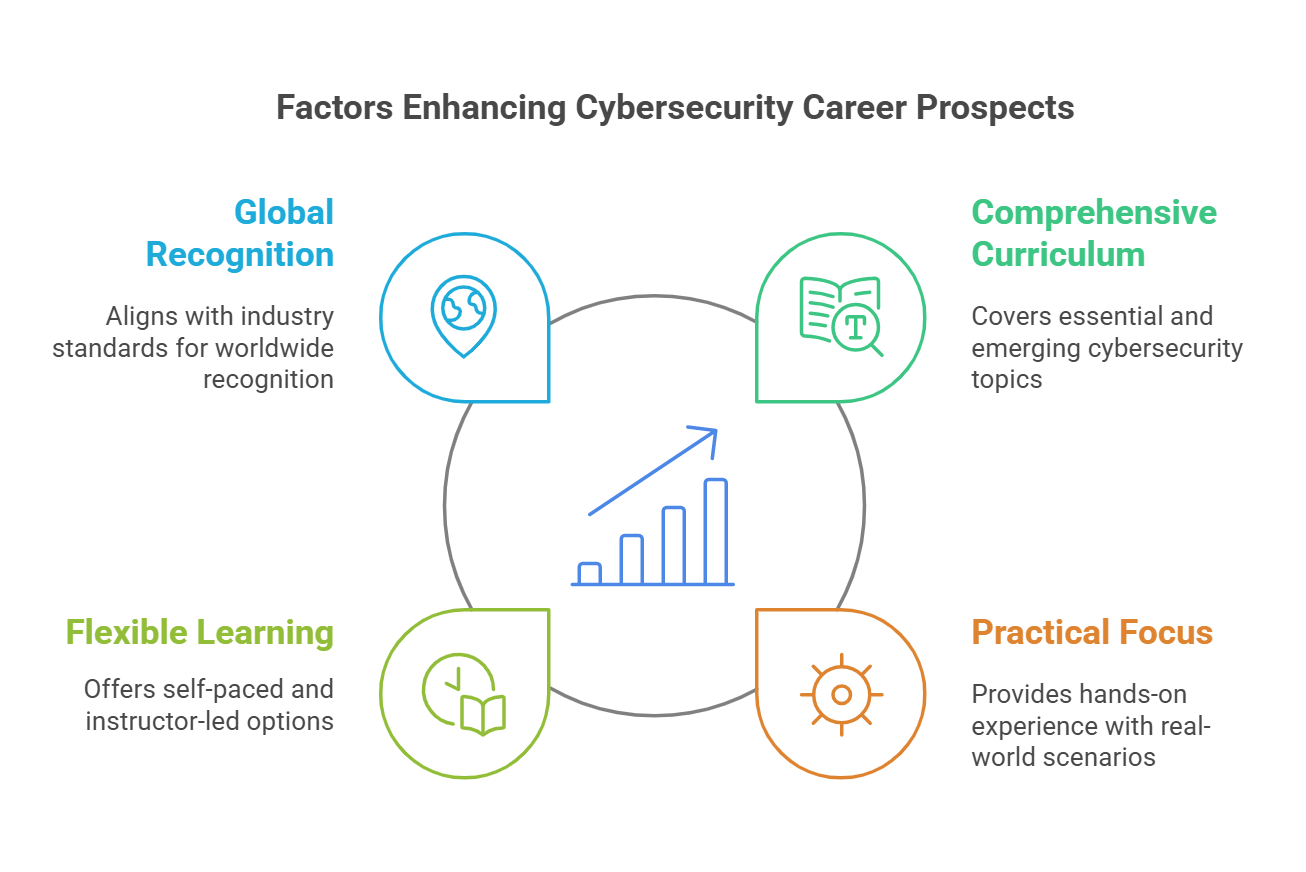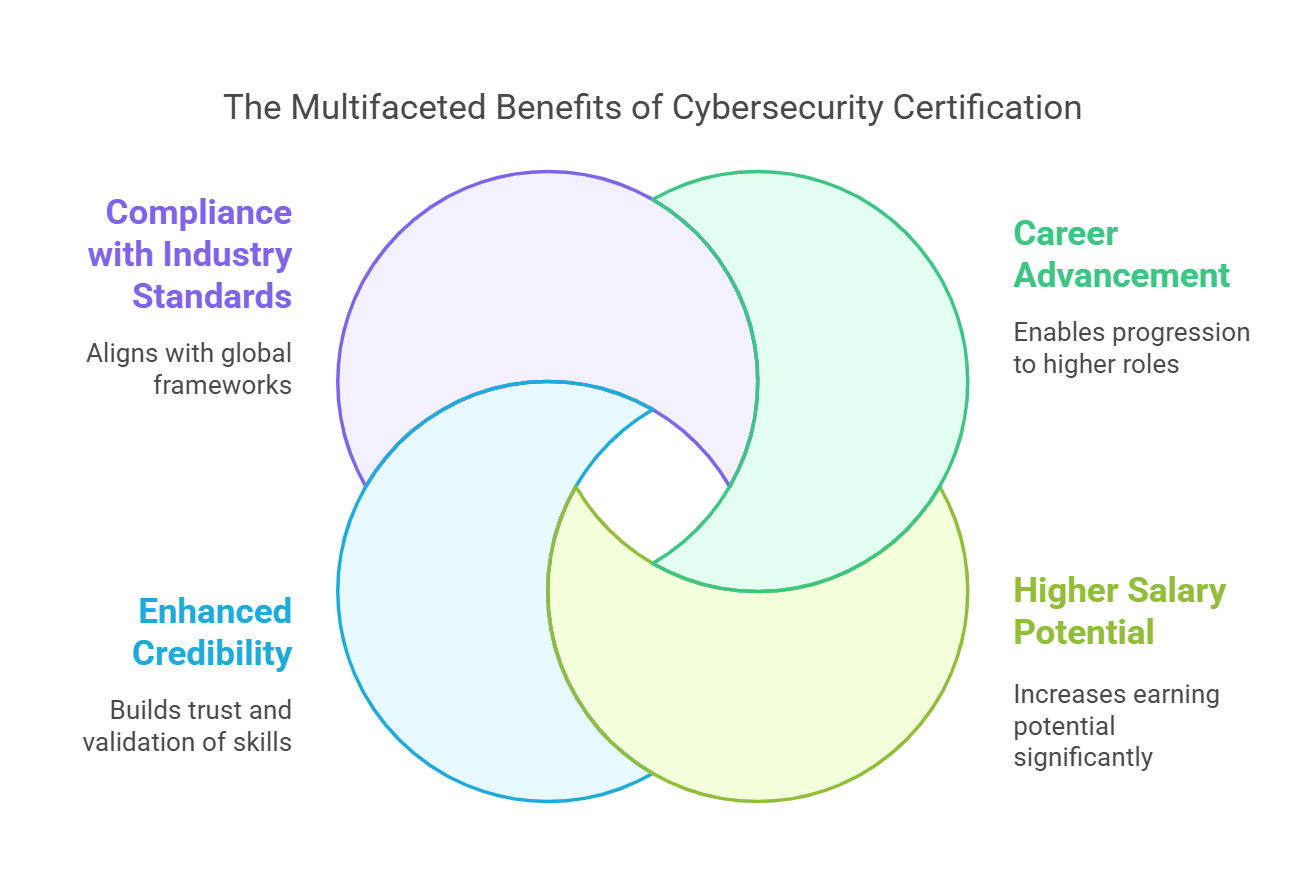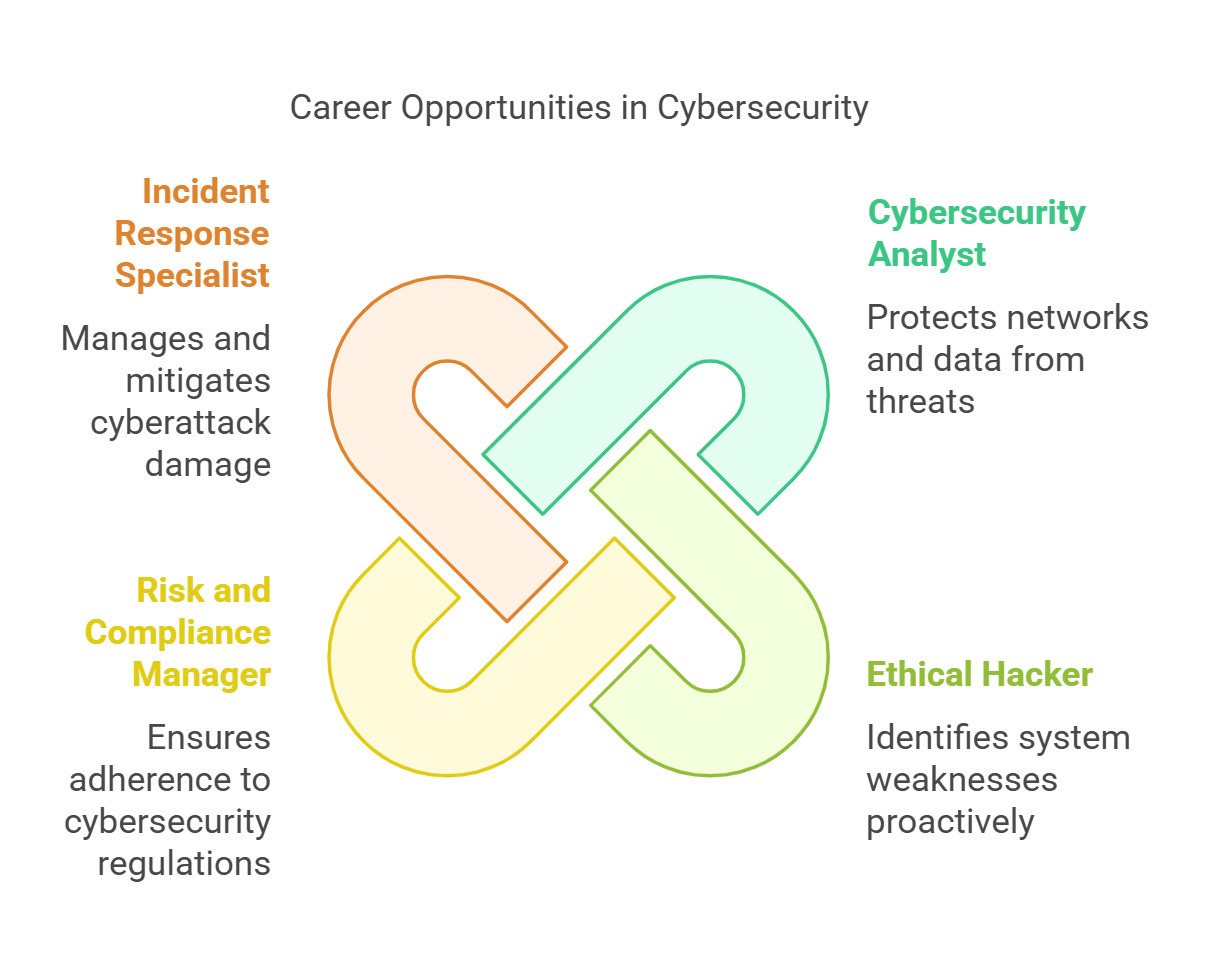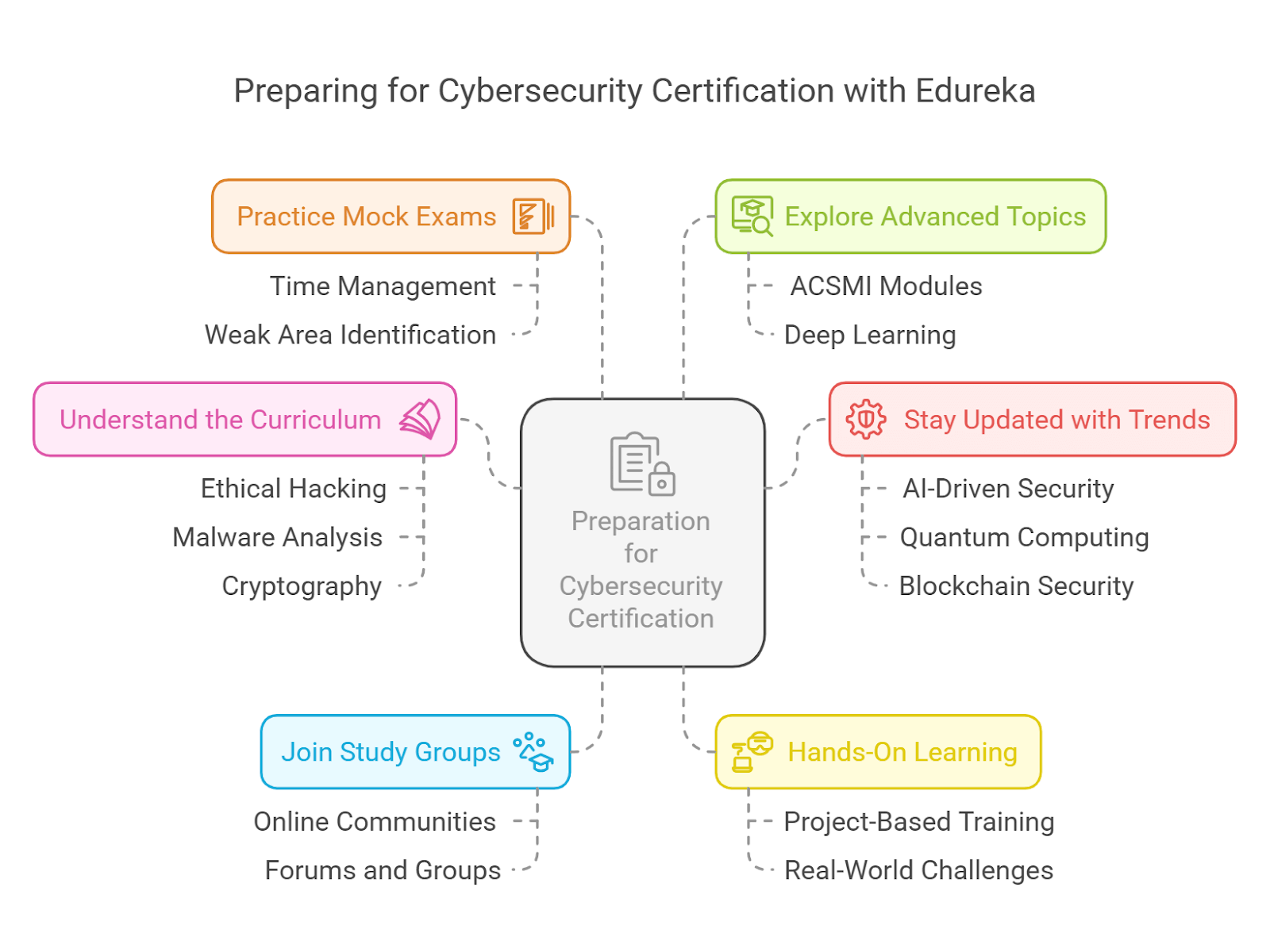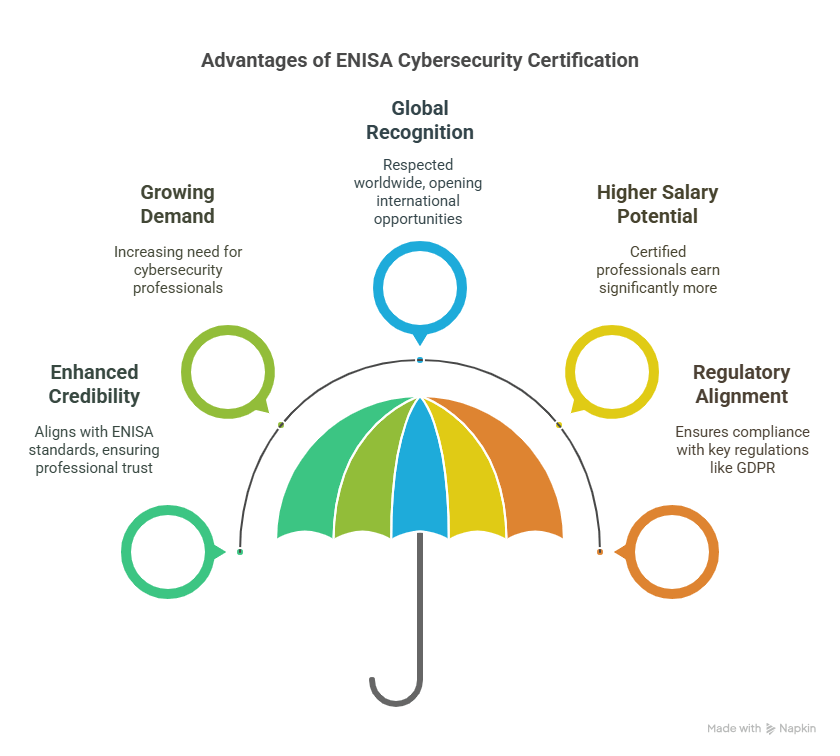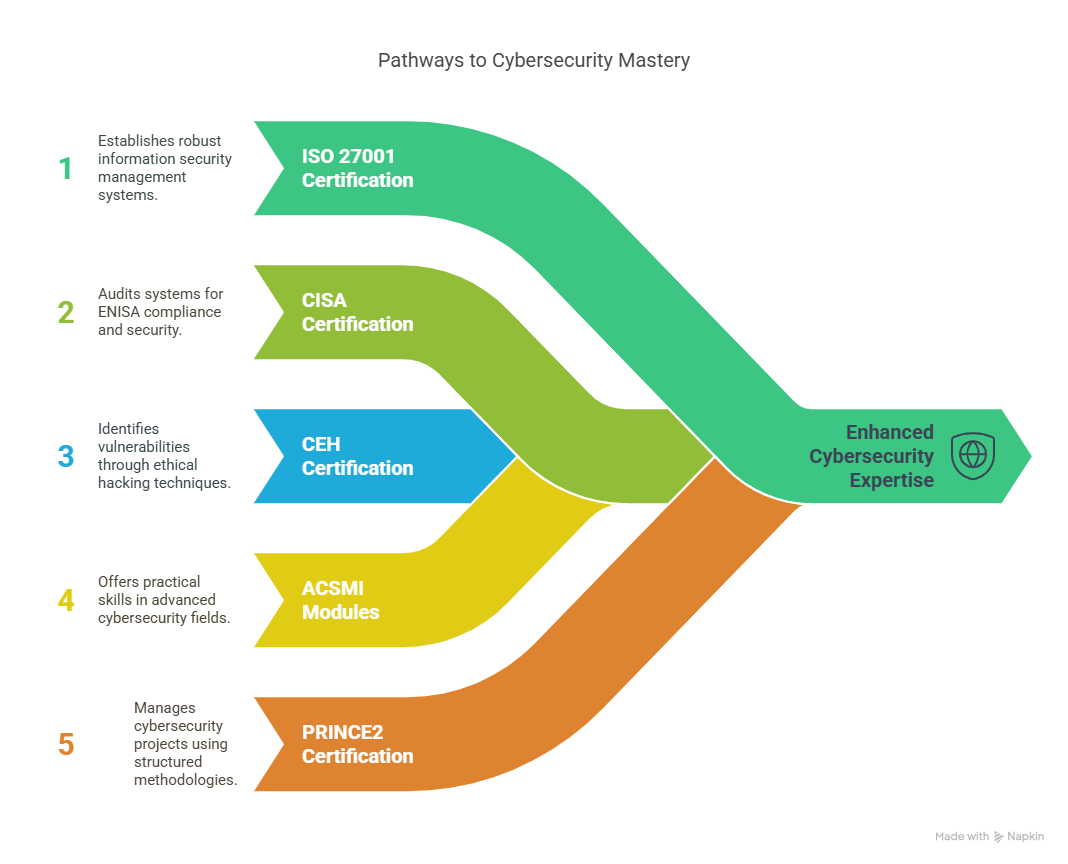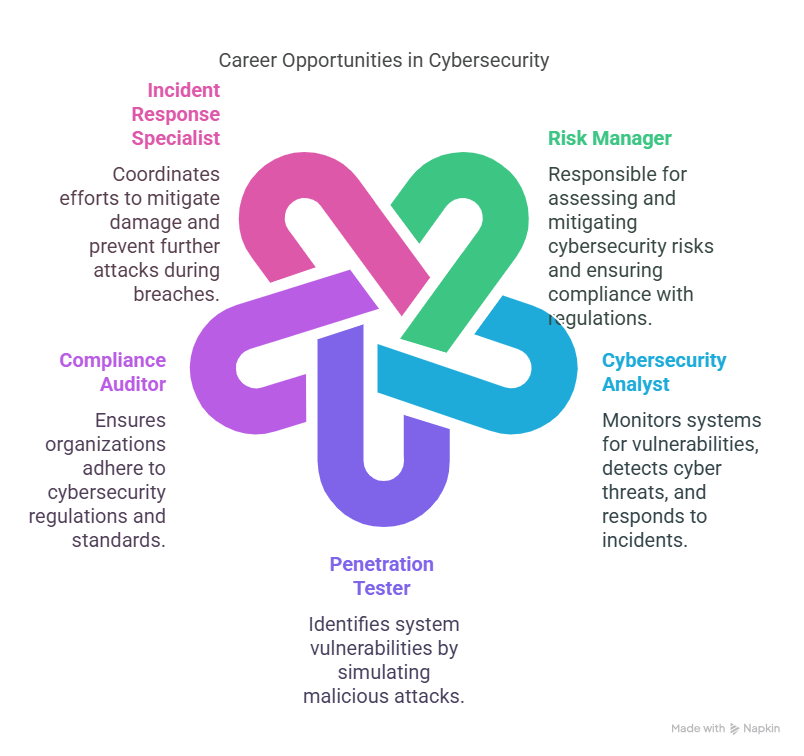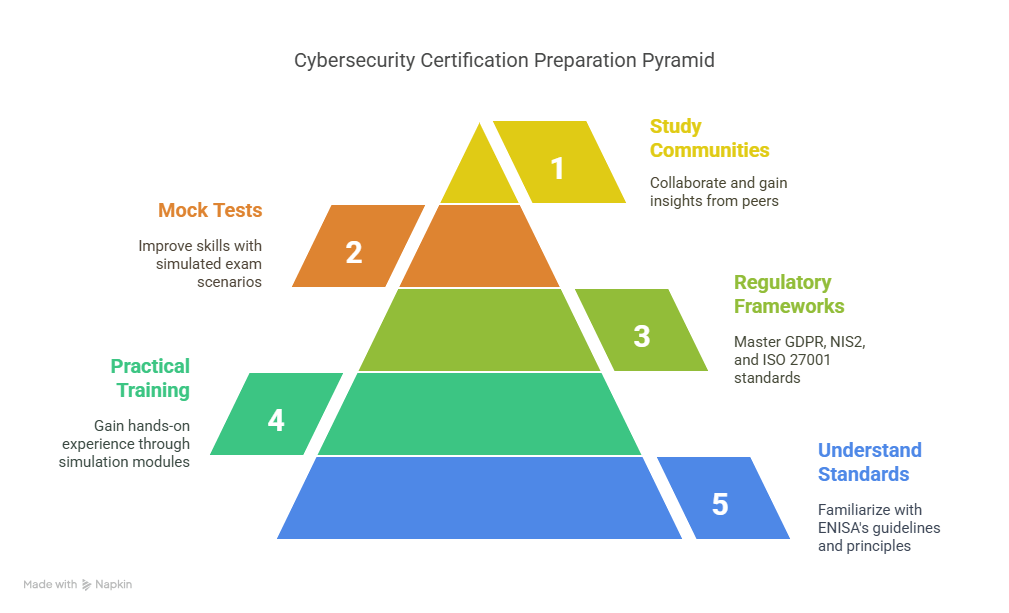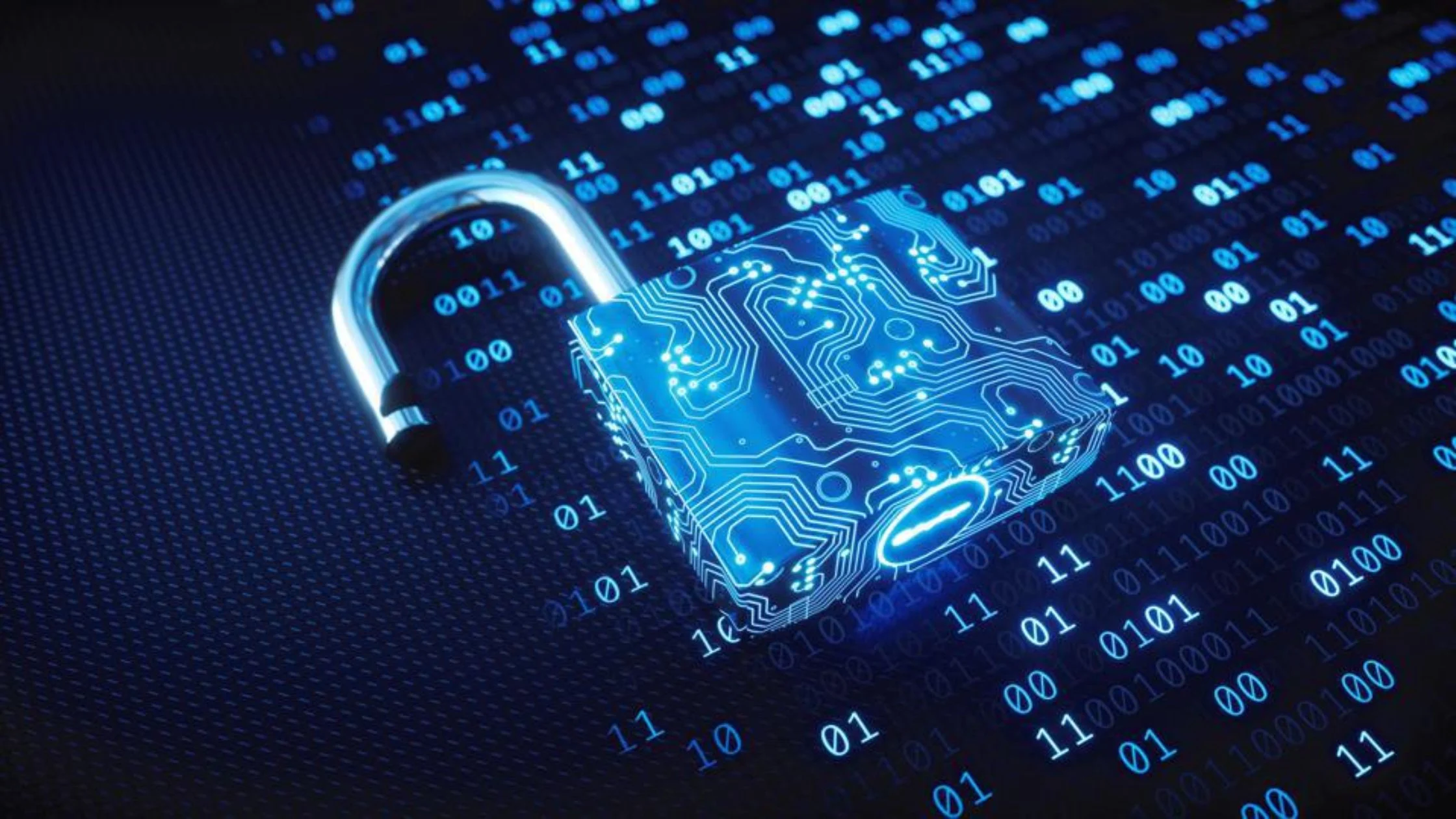Table of Contents
The increasing frequency of cyberattacks across industries has created a high demand for cybersecurity professionals. However, the cost of obtaining certifications to advance in this crucial field can be overwhelming for many aspiring professionals. The good news is that there are plenty of Cybersecurity Certification Test discounts available, which can significantly reduce the financial burden without compromising on the quality of the certification. In this guide, we’ll explore why these discounts matter, where to find them, and how to maximize savings while advancing your cybersecurity career.
Why Certification Discounts Matter
Investing in a cybersecurity certification is one of the most valuable steps you can take to enhance your career. These certifications validate your skills, enhance your credibility, and open doors to high-paying roles in an increasingly competitive job market. However, cybersecurity certifications can be expensive, with beginner certifications costing anywhere from $300 to $500, while advanced certifications like the CISSP can exceed $1,000. For many professionals, this cost can be prohibitive.
This is where cybersecurity certification discounts come into play. With discounts, these essential credentials become much more accessible, enabling a wider pool of professionals to upskill. Not only do discounts help professionals afford certification exams, but they also encourage continuous learning, which is vital as the field of cybersecurity grows in response to rising digital threats. As the demand for skilled cybersecurity experts continues to rise, these discounts help fill the gap by making certifications more affordable and accessible to all.
Where to Find Cybersecurity Certification Discounts
Now that we understand why cybersecurity certification discounts are important, let’s explore the best places to find these deals. By leveraging these discounts, you can lower your overall cost while still obtaining top-tier certifications.
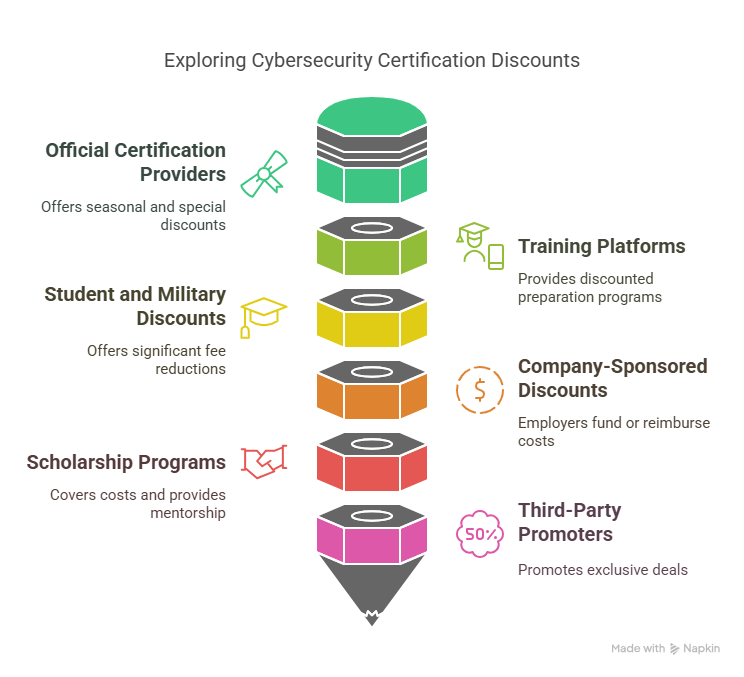
1. Official Certification Providers
Many well-known certification organizations, such as CompTIA and (ISC)², offer promotions and discounts throughout the year. These promotions may include seasonal discounts, early-bird registration discounts, or bundle offers that include study materials at a reduced price.
It’s important to keep an eye on the official websites of these certification providers, as they often announce limited-time offers around major events such as Black Friday, Cyber Monday, or New Year’s sales. You may also find exclusive discounts for exam registrations or special pricing for re-certification exams.
2. Training Platforms
Platforms like ACSMI offer discounted certification preparation programs, making them a great place to find discounts. ACSMI often provides bundled packages that allow you to access multiple certification modules at reduced rates, offering significant savings compared to purchasing study materials separately.
These platforms can also provide modular learning paths at discounted rates, allowing you to target specific certifications or areas of specialization within cybersecurity. Whether you’re pursuing a foundational certification like CompTIA Security+ or an advanced certification like CISSP, ACSMI’s discounted programs help streamline your learning experience while saving you money.
3. Student and Military Discounts
If you’re a student or a member of the armed forces, you may be eligible for substantial discounts on certification fees. Many certification providers offer special discounts of up to 50% off exam fees for students pursuing degrees in cybersecurity or related fields.
Likewise, active duty military members and veterans often receive discounts on certifications, especially from organizations like (ISC)² and CompTIA. These discounts make certifications more accessible for individuals who may not have the financial resources to pursue professional development independently.
4. Company-Sponsored Discounts
Many employers understand the value of investing in their employees’ professional development, especially in the cybersecurity sector. Some companies offer full or partial funding for certification costs as part of their professional development programs.
Check with your employer to see if they have partnerships with certification providers or offer reimbursement for employees pursuing certifications. Corporate sponsorship can be a great way to secure certifications without bearing the full cost yourself. This is particularly beneficial for professionals looking to upskill while maintaining job stability.
5. Scholarship Programs
Several organizations offer scholarships that cover certification costs in addition to providing career guidance and mentorship opportunities. For example, CompTIA and the (ISC)² Foundation run scholarship programs that cover the costs of exams for individuals from diverse backgrounds, including underserved communities and people entering the cybersecurity workforce later in life.
These scholarships not only help you with the cost of certification but also offer valuable networking opportunities and support as you embark on your cybersecurity career.
6. Third-Party Promoters
Occasionally, authorized third-party training providers or training partners promote certification discounts through their platforms. These partners often run special promotions or exclusive deals if you sign up for training through their website.
It’s important to verify the authenticity of these third-party offers before proceeding. Ensure that the training provider is authorized by the certifying body and that the certification will be valid upon completion.
Benefits of Cybersecurity Certification Discounts
Certification discounts offer several benefits beyond just saving money. Let’s take a closer look at why these discounts are worth pursuing.
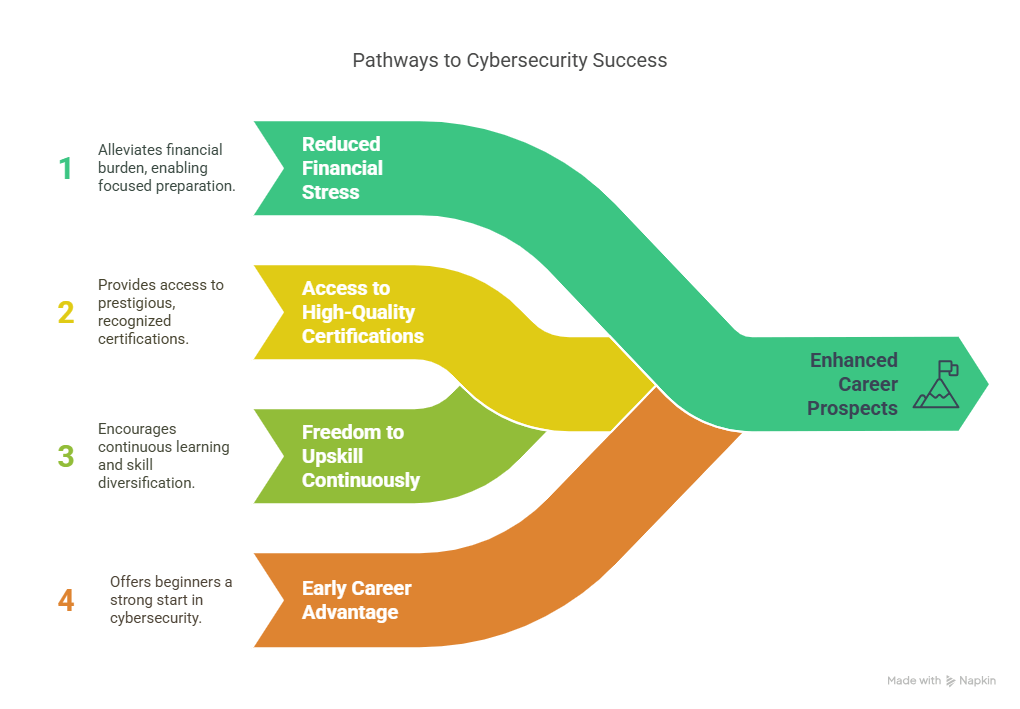
1. Reduced Financial Stress
The cost of certification exams can often be a significant financial burden, especially for professionals looking to transition into cybersecurity or those just starting their career. By taking advantage of certification discounts, you can reduce the financial stress associated with certification fees, allowing you to focus on your preparation without worrying about the cost.
2. Access to High-Quality Certifications
Even with discounts, you’ll still have access to top-tier certifications such as CISSP or CEH that validate your expertise and boost your professional credibility. Discounted certifications ensure you’re not compromising on the quality or global recognition of the credential.
3. Freedom to Upskill Continuously
When certifications become more affordable, it becomes easier to pursue multiple credentials over time. This allows you to build a comprehensive portfolio of certifications that showcase your versatility and adaptability in the cybersecurity field. You’ll be able to tailor your certifications to meet your career goals, whether you’re aiming for a specialized role like Penetration Tester or a leadership position like CISO.
4. Early Career Advantage
For beginners, discounted entry-level certifications can be the stepping stone toward a successful career in cybersecurity. Discounts make it easier to gain foundational certifications that open the door to long-term career growth without straining your financial resources.
How to Maximize Cybersecurity Certification Savings
Discounts are a great way to reduce the cost of certification, but there are additional strategies you can employ to further maximize your savings. Here are some tips to help you get the most out of It Specialist Cybersecurity Certification discounts:
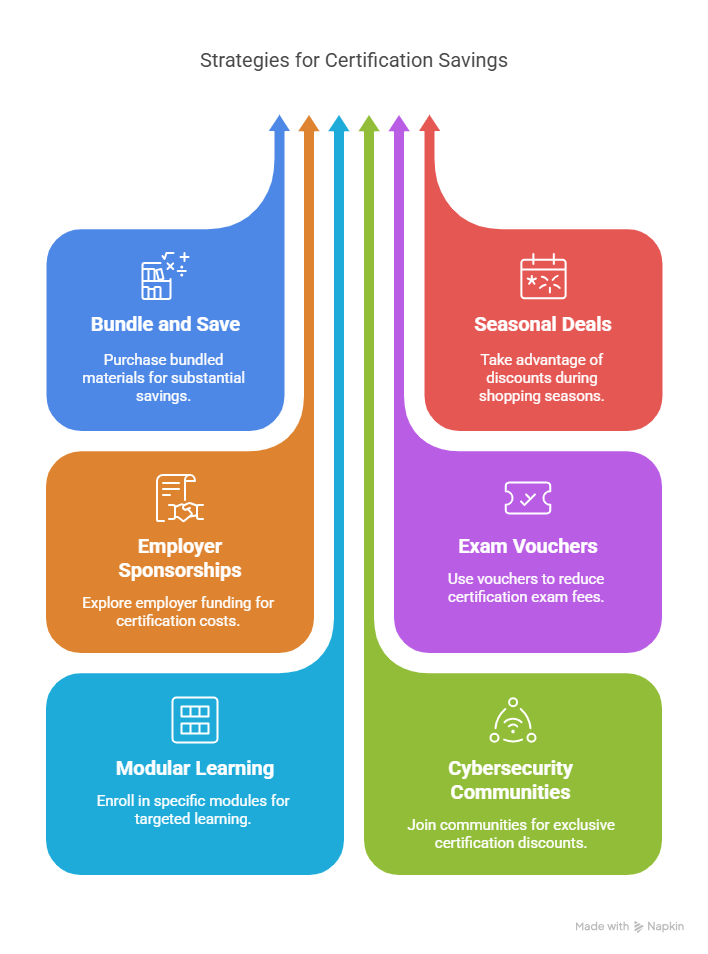
1. Bundle and Save
Many training providers, like ACSMI, offer bundles that allow you to purchase study materials, practice exams, and modules together at a discounted rate. Bundles often come with significant savings compared to buying each resource separately, so always look for bundled packages when purchasing certification prep materials.
2. Keep Track of Seasonal Deals
Promotional discounts are especially common during high-traffic shopping seasons such as Black Friday, Cyber Monday, or back-to-school periods. It’s a good idea to set reminders or subscribe to your preferred certification provider’s newsletter to stay updated on seasonal deals. These deals can provide significant savings, so don’t miss out on the chance to purchase certifications at discounted rates.
3. Leverage Employer Sponsorships
If you are employed, inquire with your employer about professional development policies. Many companies offer sponsorships or reimbursement for certification costs, either partially or fully. Check with HR or your direct supervisor to see if your organization supports certification funding.
4. Use Exam Vouchers
Some training platforms offer exam vouchers that reduce or fully cover the cost of certification exams. These vouchers are typically available during promotional campaigns or when you enroll in specific training programs. Exam vouchers can be a great way to reduce your overall exam fees, especially for high-cost certifications.
5. Opt for Modular Learning
Modular learning systems, like those offered by ACSMI, allow you to enroll in specific learning paths tailored to your certification goals. These programs are often available at discounted rates and let you focus on particular areas of cybersecurity, ensuring that you only pay for the modules that are most relevant to your certification.
6. Join Cybersecurity Communities
Cybersecurity communities, whether on LinkedIn, Discord, or other online forums, can be a great resource for finding limited-time offers or exclusive discounts. Members often share special promotions or exclusive vouchers for certification exams, which can help you save even more on certification fees.
Final Thoughts
Finding and leveraging cybersecurity certification discounts can significantly reduce the financial burden of advancing your career. These discounts make top-tier certifications more accessible, helping you build your credibility and expertise without compromising your financial stability. Whether you’re just starting out or aiming for leadership positions, leveraging discounts on certifications from trusted platforms like ACSMI ensures that you can upskill continuously and remain competitive in the fast-evolving cybersecurity field.
FAQs About Cybersecurity Certification Discounts
1. Are cybersecurity certification discounts available globally?
Yes, most certification providers offer discounts worldwide. Some deals may be tailored to specific regions, but there are usually discounts available globally.
2. Does a discount affect the value of the certification?
No, discounts don’t affect the value or recognition of a certification. Whether you pay full price or discounted rates, the certification remains equally valuable in the job market.
3. How much can I save with certification discounts?
The savings vary depending on the provider, but discounts can range from 10% to 50%, especially when bundled with study materials or offered through scholarships.
4. Do certifications like CISSP and OSCP also have discounts?
Yes, while these advanced certifications have higher exam fees, they often have seasonal discounts or corporate partnerships that make them more affordable.
5. How can ACSMI help with affordable certifications?
ACSMI offers tailored certification preparation programs, including 400+ modular lessons, at discounted rates, ensuring that professionals can access high-quality certifications without breaking the bank.
